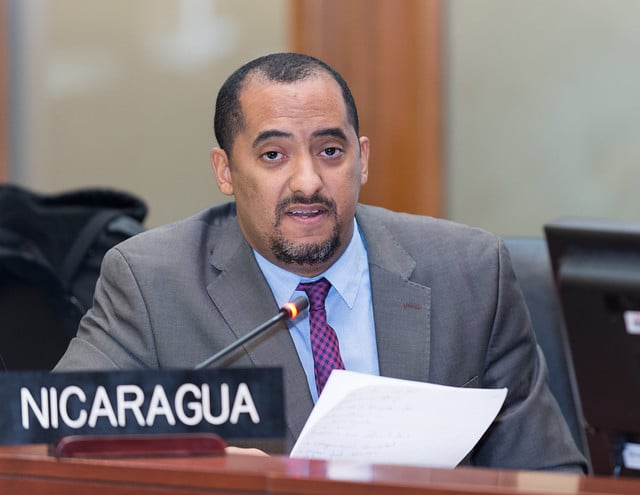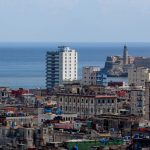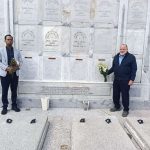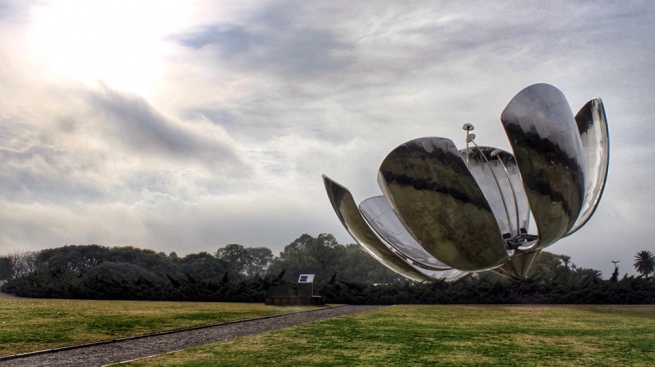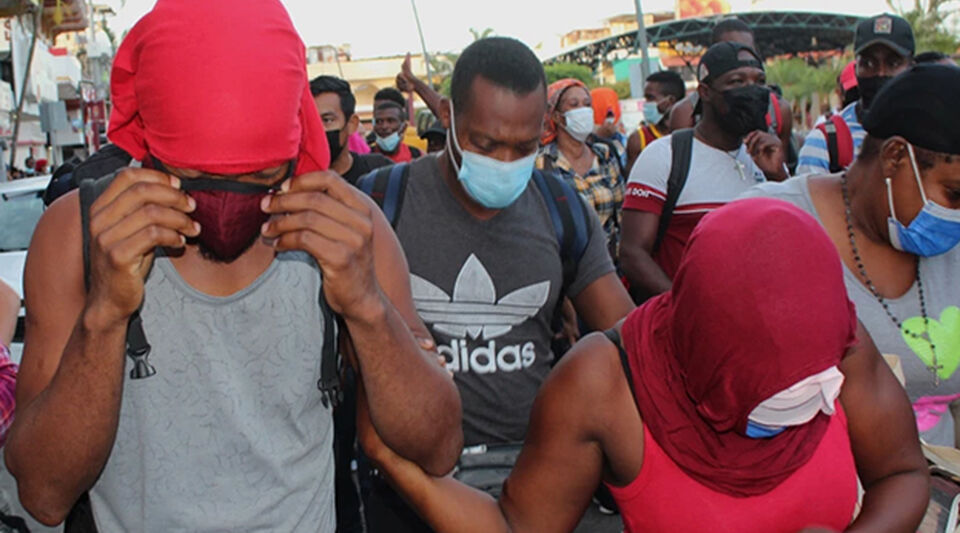The narrative that the Ortega regime’s propaganda seeks to impose, of a Nicaragua in “peace and harmony”, was severely hit by the denunciation made by the former Nicaraguan ambassador Arturo McFields, in a session of the Permanent Council of the Organization of American States (OAS) on Wednesday, March 23, estimate opponents consulted by CONFIDENTIAL.
The fact that McFields will call the government system of Daniel Ortega and Rosario Murillo a “dictatorship”, and also said that he was raising his voice for the “177 political prisoners and the more than 350 deaths” due to the regime’s repression of citizen protests between April and September 2018, exposes the lies behind the regime’s propaganda, says Ana Quirós, a public health expert recently elected as a member of the Political Council of the Blue and White Unit (UNAB).
“It was a hard blow to the discourse of the dictatorship. That speech that there is no repression in Nicaragua, that there are no political prisoners and that everything was an attempted coup. McFields what he denounces is that all of this exists, and that in addition, there is an intrinsic cruelty in the public policies undertaken by the Ortega Murillo regime, ”says Quirós.
The regime maintains an attitude of silence about the diplomat’s complaint. Ortega and Murillo have not referred to it in his public interventions during the week.
The government removed McFields from his position as representative to the OAS and carried out a dirty campaign against him, including deleting records about your appointment as ambassador to the regional body.
“One of the things that Arturo McFields’ speech conveys is that he shows that he is one, but he is not the only one. That there is a lot of discomfort that is not addressed by the regime, nor by the people who are carrying out tasks of leadership, coordination or representation on the part of the regime”, adds Quirós.
“Open doors, we are waiting for you”
McFields’ speech stunned thousands of state workers who they preferred caution to expressions of jubilationreported CONFIDENTIAL This Friday, March 25. This is because the ambassador’s words caught the attention of a sector that for years has denounced being the object of surveillance, political pressure and humiliation from the most radical sympathizers of the regime.
“Arturo (McFields) mentions people in the ministries, in the Army or even in the Police. This makes us think that it is something that is commented on quietly, but frequently and systematically in the Government. There are many people who are dissatisfied and contemplating the possibility, perhaps not of doing the same thing as Arturo, who is sheltered in another country, but thinking about what has to be done and how to do it,” says Quirós.
The activist, who is out of the country after being expelled by the Ortega regime, stresses that UNAB has an “open door” policy for all those who no longer want to be part of the Ortega regime’s structures.
“From UNAB it has always been said that the doors of the Unit are open for those who decide to be on the side of the Nicaraguan people. Being on the side of truth and justice, and this does not exclude those who have worked with the regime. I hope that this approach reaches public officials, who are often afraid of the reaction of the opposition, of the blue and white groups. We are going to accompany them, we are waiting for them”, says Quirós.
Symptoms of a process that began in 2018
Jesús Téfel, an opposition activist in exile due to the regime’s persecution, indicates that “rebellions” such as that of former ambassador McFields are part of a symptom of fracture in the structures of the regime that was accentuated in 2018, after the massacre perpetrated by paramilitaries and police at the service of the dictatorship against the popular demonstrations of that year.
“In 2018 one of the crises that was generated for the dictatorship was the break with many state workers or people related to Sandinismo, who broke with the regime when human rights began to be violated massively, killing students and repressing people. . That generated a state of weakness at the time, ”recalls Téfel.
Another reflection of the internal discontent both in the structures of the regime and in public servants was what happened during the voting on November 7, 2021, in which Ortega and Murillo elected themselves in a process without political competition and under the shadow of repression.
“The 2021 electoral process, where there was overwhelming abstentionism, was another sign of general discontent with the regime. Neither the people of the State, nor the Sandinista sympathizers themselves came out to vote, because they did not believe in the process or because they are already tired of the regime’s system. That is added to the regime workers who are out of necessity or simply because they are afraid of reprisals. These people are hostages of the dictatorship”, emphasizes Téfel.
The activist also joins the call to public servants or collaborators of the regime to support the “civic struggle” to achieve the exit of the Ortega dictatorship from power and restore democracy in Nicaragua.
“Making a decision like the one Arturo made is very difficult, since you and your family are at risk. But I am sure that more and more people will break the silence and overcome fear. There has to be a breakdown of the structures that keep him in power”, insisted the activist.
“That is why our fight is civic, because we want to appeal to those people who are still in the structures of the regime and who want to restore a rule of law. That is why we keep our doors open, to put this country back on the path of democracy”, emphasizes Téfel.
Disagreement will worsen with Ortega’s succession
Eliseo Núñez Morales, former deputy and political analyst, warns that although McFields’ complaint is a good thermometer to measure discontent among public servants with the regime, it will take time for similar acts to take place.
“I don’t see an immediate chain reaction, nor a social implosion. What I do see is a deep deterioration. To this we must add the entire issue of succession to Rosario Murillo, Ortega’s children, which I am sure will cause greater tension within the regime,” says Núñez.
He insists that the opposition has to take the national and international media impact of the complaint made by Ambassador McFields to make it clear Nicaraguans who work with the regime that a process of democratization in Nicaragua does not involve annulling or persecuting them.
“The opposition has to be clear in saying that if you are fighting for the democratization of the country, you cannot say that it implies the extermination of the Sandinistas. Everyone in Nicaragua has the right to think differently and live under the same sky. That is democracy. There has to be a process of change towards a new country model with more checks and balances. But you have to give a way out not only to public employees, but to the Sandinistas in general”, emphasizes Núñez.
Failure to recognize the new Nicaraguan ambassador to the OAS
This Friday, March 25, it was announced that Nicaraguan opposition organizations came together to ask the OAS not to recognize the new Nicaraguan ambassador to the organization.
This Thursday, March 24, the Ortega regime officially dismissed the journalist and diplomat as permanent representative of Nicaragua to the OAS and appointed Francisco Campbell in his place. By formalizing the dismissal of McFields and appointing Francisco Campbell to replace him, the regime created a de facto Family feud in the Nicaraguan diplomatic mission to the OASsince his son, Michael Campbell Hooker, is the alternate permanent representative of Nicaragua to the OAS.
In a letter addressed to the president of the OAS Permanent Council, Everson Hull, the more than 20 dissident groups, both inside the country and in exile, asked “to convene an extraordinary session as soon as possible to address the issue of Nicaragua and undertake finally towards the application of Article 21 of the Inter-American Democratic Charter”.
They added that, “given that the OAS did not recognize the November 2021 elections, we request that it also not recognize the accreditation of another ambassador, as a representative of the State of Nicaragua.”
The dissidents also demanded that the OAS “use all necessary diplomatic and economic measures to achieve the release of political prisoners; many are in poor health, especially our elderly compatriots, as a result of the physical and psychological torture to which they are subjected.”
